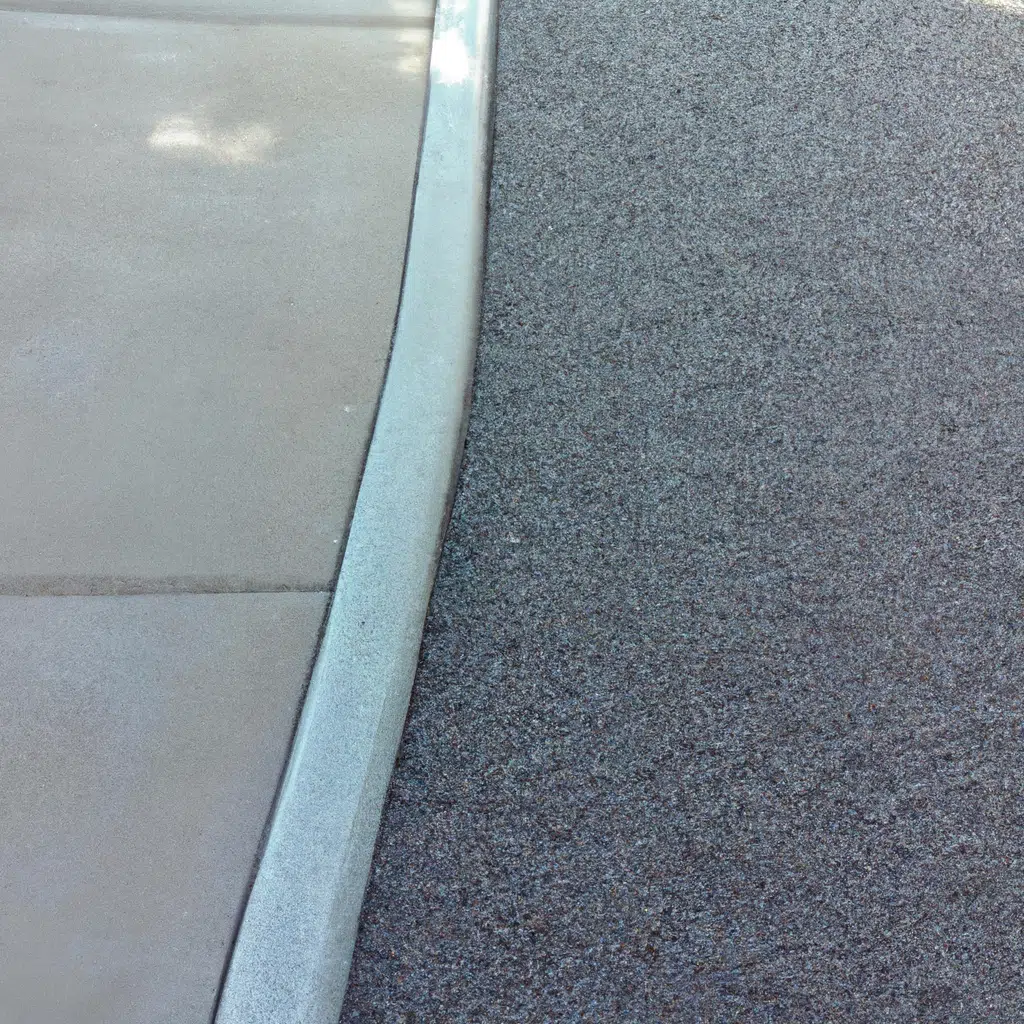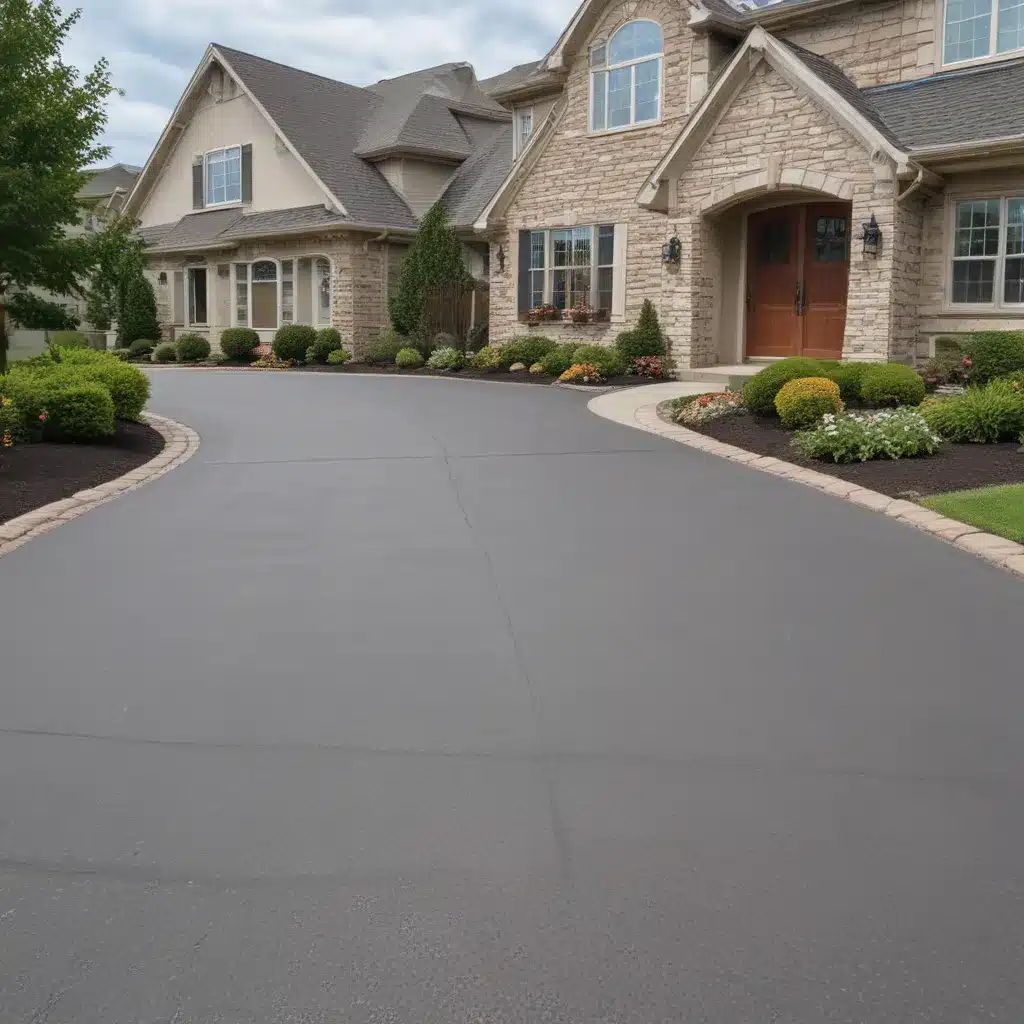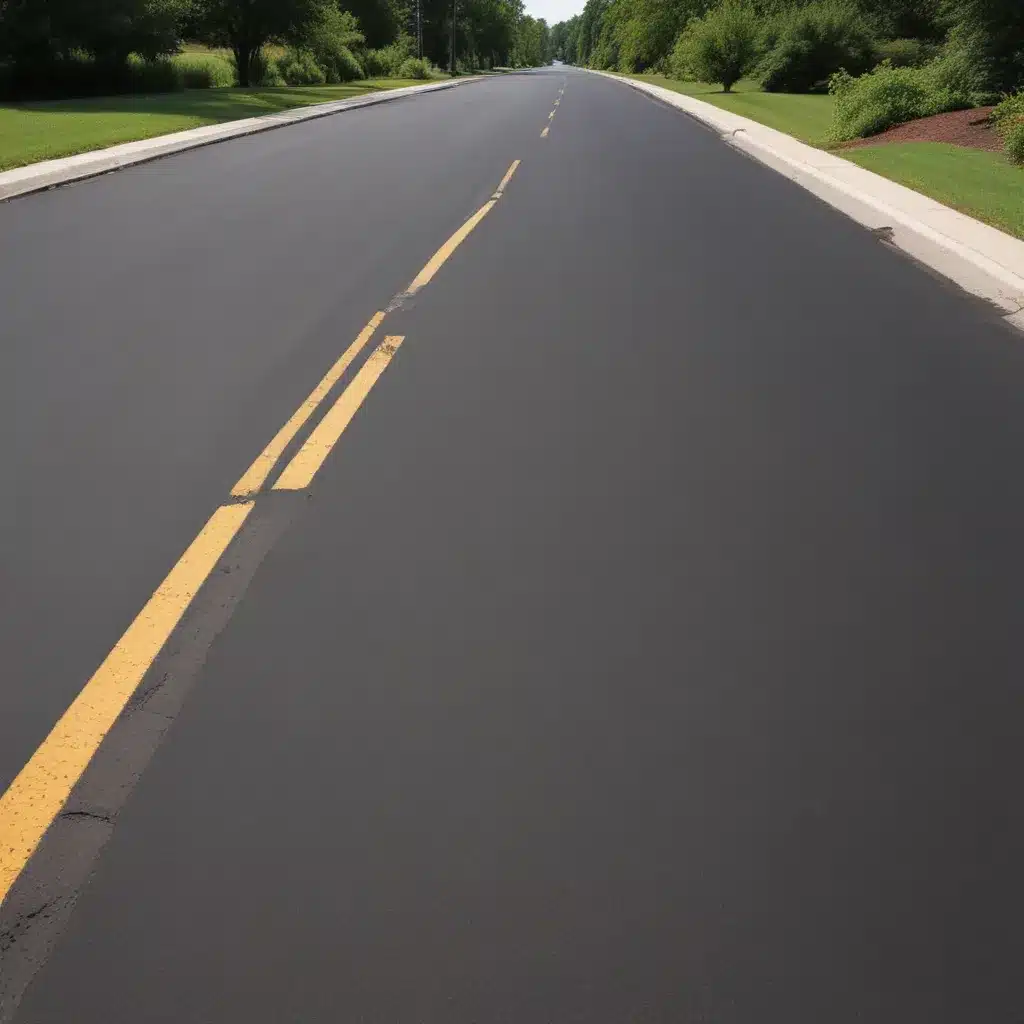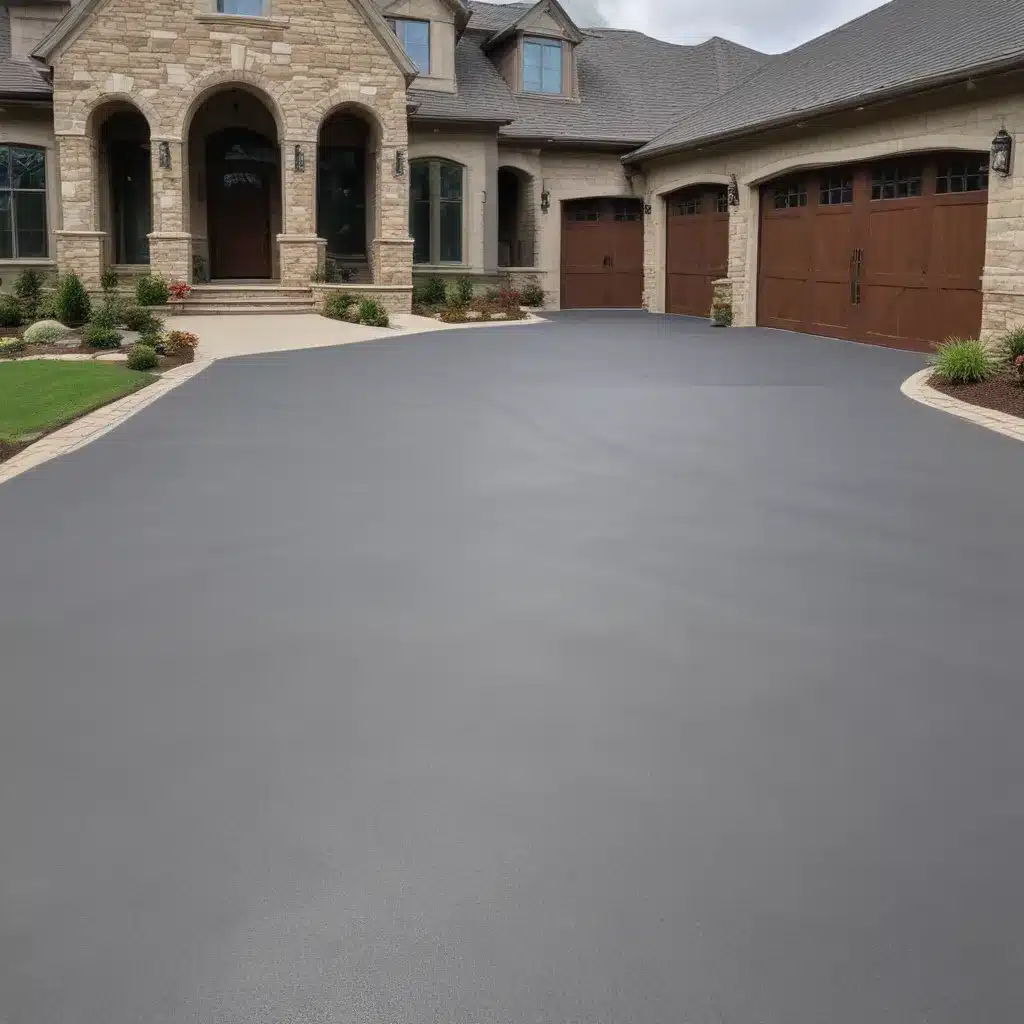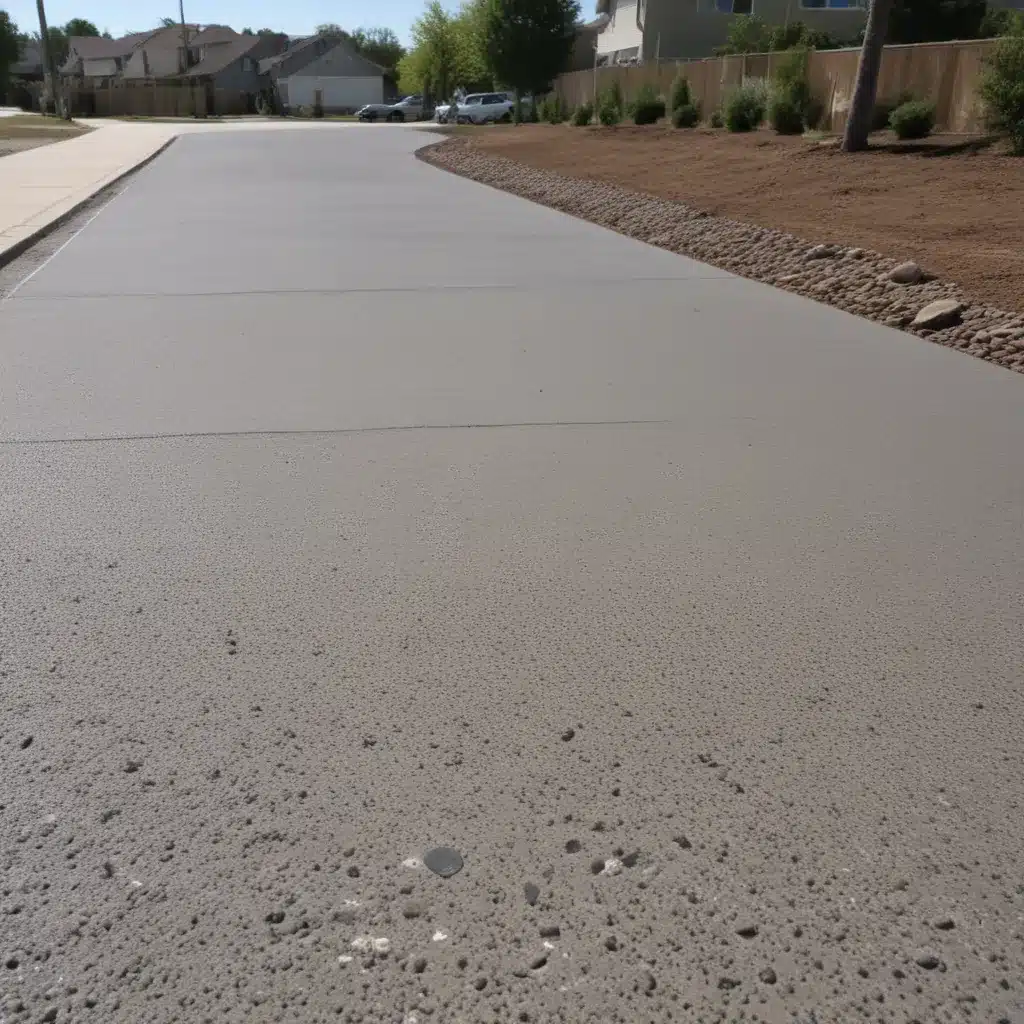When it comes to choosing the right driveway material for your home, it can be a daunting task. Asphalt and concrete are the two most popular options available in the market, and each has its pros and cons. In this article, we’ll explore the differences between asphalt and concrete driveways and help you make an informed decision on which material is best for your home.
What is Asphalt?
Asphalt is a petroleum-based material that is commonly used for paving roads, driveways, and parking lots. It is made up of a mixture of aggregates, such as sand, gravel, and crushed stone, and a binder, which is typically asphalt cement. The mixture is heated and then laid down in layers to create a smooth and durable surface.
What is Concrete?
Concrete, on the other hand, is made up of cement, water, and aggregates, such as sand, gravel, and crushed stone. The mixture is poured into a frame and allowed to cure, resulting in a hard and durable surface. Concrete is commonly used for driveways, sidewalks, and patios.
Cost
When it comes to cost, asphalt is generally less expensive than concrete. The cost of asphalt can vary depending on several factors, such as the size of the driveway, the thickness of the asphalt, and the region where you live. Concrete, on the other hand, is typically more expensive due to the cost of the materials and the labor required to pour and finish the concrete.
Durability
Both asphalt and concrete driveways are durable, but they have different lifespans. Asphalt driveways typically last 20-30 years, while concrete driveways can last up to 50 years if properly maintained. However, asphalt is more susceptible to cracking and potholes over time, especially in areas with extreme temperature fluctuations. Concrete, on the other hand, is more resistant to cracking but can be prone to chipping and flaking.
Maintenance
Maintaining your driveway is essential to ensure its longevity. Asphalt driveways should be sealed every 3-5 years to protect against water damage, cracking, and fading. Concrete driveways should be sealed every 5-10 years to prevent water damage and staining. Both materials require regular cleaning to remove debris and prevent stains.
Climate
Climate plays a significant role in determining which material is best for your driveway. Asphalt performs well in areas with milder climates, while concrete is a better option for areas with extreme heat or cold. In colder climates, concrete can be prone to cracking due to freeze-thaw cycles, while asphalt can soften and become damaged in extreme heat.
Aesthetics
When it comes to aesthetics, both materials have their unique look. Asphalt has a dark, matte finish, while concrete has a lighter, smoother finish. Asphalt is versatile and can be easily resurfaced to change its appearance, while concrete can be stamped or stained to create a variety of designs and patterns.
Environmental Impact
Asphalt is a petroleum-based material, which means it is not considered environmentally friendly. The production of asphalt emits greenhouse gases and contributes to air pollution. Concrete, on the other hand, is more environmentally friendly as it can be made from recycled materials, and its production emits fewer greenhouse gases.
Conclusion
Choosing the right driveway material for your home is a crucial decision that should be made based on several factors, such as cost, durability, maintenance, climate, aesthetics, and environmental impact. Both asphalt and concrete have their pros and cons, and the decision ultimately comes down to personal preference and the specific needs of your home. We hope this article has helped you make an informed decision on which material is best for your home.

